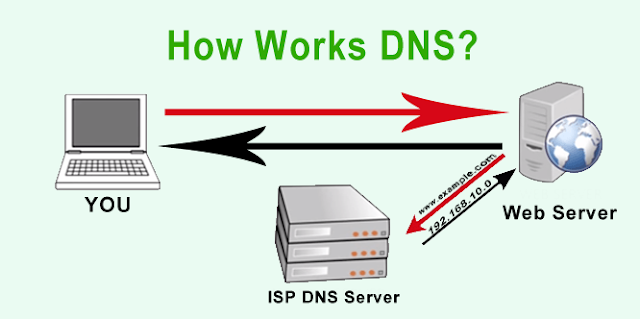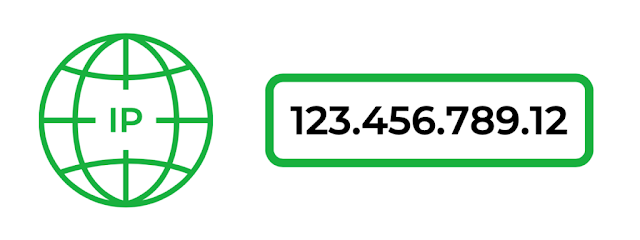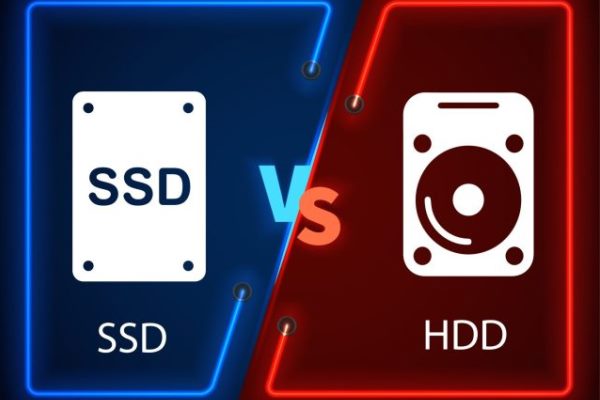How are Domains Mapped to IP Addresses DNS servers
DNS servers exist not
only because we like better to use human-readable names to access websites, but
computers need IP addresses to access websites. How does the DNS translate name
to IP addresses? the method is named DNS resolution and plays out over eight
steps.
- When you A domain or full web address into your
browser, www.tezhost.com as an example, your browser sends a message to the network posing for help. This exchange is usually referred to as a
question. Your computer contacts a machine referred to as a recursive resolver to locate the previously cached IP address, or if it’s a
first-time search, the machine 'recursively' searches for it.
- If the recursive resolver fails to seek out the
address, they query the DNS root name servers for the domain DNS hosting
is just parking your website on a computer which then connects to the web.
Whenever someone types your website address, the stored pages are retrieved via the web and displayed in their browser.
- DNS hosting is simply a sort of this. Many names
registrars offer hosting with domain registration, and there are free and
premium DNS
hosting services
available.
- for instance, Namecheap offers Free DNS for
people whose registrars don’t provide DNS hosting with domain registration, also as Premium DNS hosting platform which may be used with any name registered with any registrar.
- Free DNS Try free DNS hosting for your website and
choose later whether you would like to upgrade to premium or not. If your website is comparatively small, there’s no got to use a Premium DNS, and several other registrars offer a free tier anyway.
- Most registrars will provide basic tools to publish and
modify CNAME, MX, A, SRV, TXT and other records as an example. If this is
often all you expect to try to, free DNS is going to be sufficient for
your needs. Premium DNS accounts Premium hosting provides quicker response
times to your visitors, unfailing access, maximum uptime, and more
powerful security measures.
- Most premium plans offer advanced features like
advanced reporting capabilities, DNS load balancing, and a few other tools beneficial if you’re complex applications across multiple service providers. Given the increased attacks on websites by hackers in recent years, many site holders are choosing premium hosting.
- Premium DNS packages offer a further level of security
to your website and more protection against hackers. IP address. The root
name servers direct your ISP through the DNS hierarchy by referring your
ISP recursive resolver to the required top-level name servers by scanning the top-level domain. Each top-level domain within the DNS has its own set of nameservers.
- Once the resolver has requested the IP address from
them, they're mentioned a more applicable DNS. At now, the DNS servers are reviewing the second-level domain. Your ISP queries the referred DNS name servers for the applicable IP address. Each domain has an assigned set of
DNS name servers are liable for holding the IP address and everyone over information concerning the domain.
- Your ISP provider’s resolver retrieves the domains A record for www.tezhost.com from the authoritative name servers and stores it in its cache just in case of future queries by anyone else. The last step sees your ISP’s recursive servers deliver the A record to your computer. Your computer now reads the record-holding all the knowledge about the domain and forwards the IP address to your browser. Your browser will then open a connection to www.tezhost.com so you'll binge-watch your favorite sitcom from the 90s. this complete eight-step process is complete within a couple of tenths of a second however different DNS servers behave differently regarding speed and security.
DNS Configuration
Most sites have a
server that takes care of its DNS. In most cases, two DNS servers are
configured on your router and/ your computer to attach your ISP via DHCP.
you'll configure two within the case the first server fails. If there was a drag
connecting to the first server your computer will automatically switch to the
secondary server. A DNS lookup is generally a super-fast process with a blink
of an eye turnaround to question, locate and deliver an internet site. Once the
lookup is complete, the client computer is connected to the destination server
freeing the DNS server up to affect its next request. It’s presumably your
domain is using your ISP’s default DNS servers. However, you don’t need to.
There are many third-party DNS servers which can provide you with faster DNS resolves. Speed is an an important part of SEO since the time to attach to an internet page may be a
ranking factor for Google. Experts recommend choosing reliable hosting with
good speed and uptime capabilities to ensure your website is quickly viewable
for your visitors.




Comments
Post a Comment